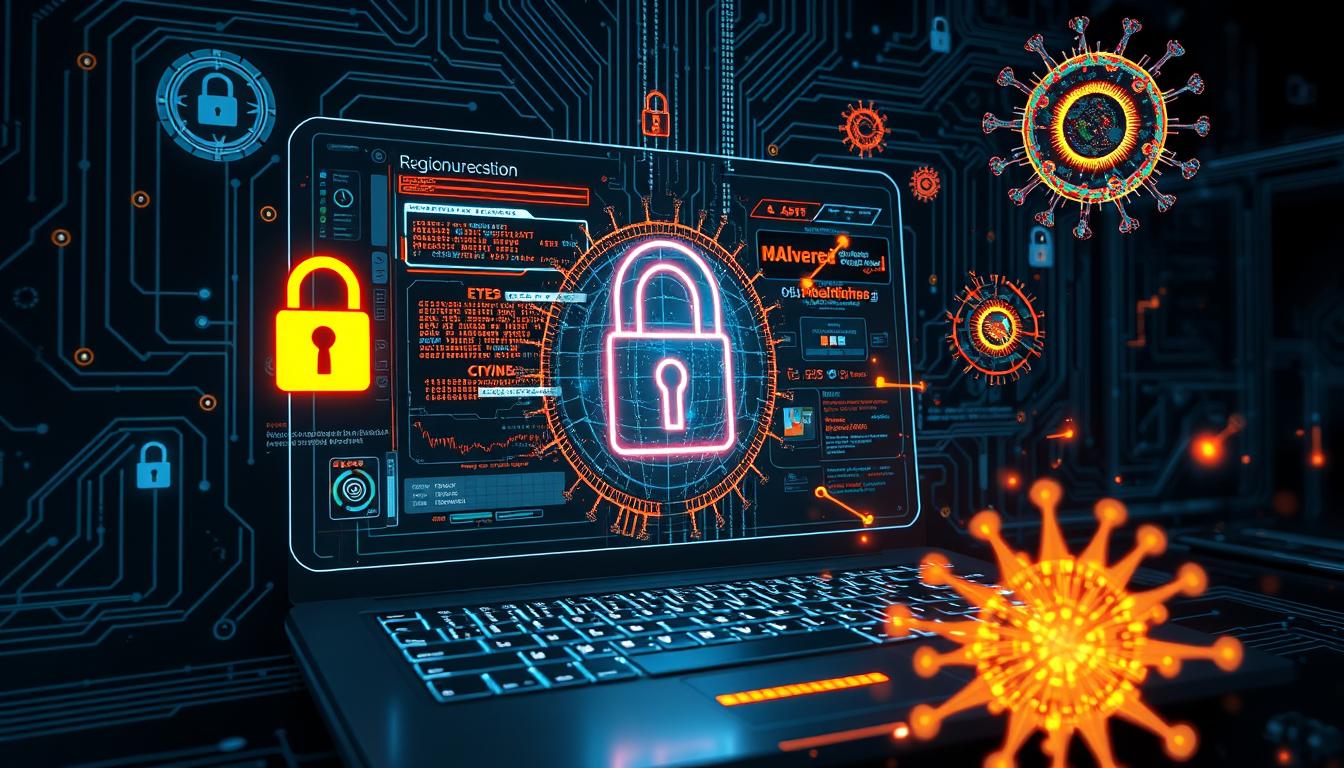
Blockchain technology has evolved far beyond its initial association with cryptocurrencies like Bitcoin. Today, it is driving transformative changes across industries, and the real estate sector is no exception. With its potential to enhance transparency, efficiency, and security, blockchain technology is set to revolutionize how we buy, sell, and manage real estate assets.
In this blog, we’ll explore how blockchain is reshaping the real estate industry, its benefits, challenges, and future prospects.
Understanding Blockchain Technology in Real Estate
At its core, blockchain is a decentralized ledger that records transactions across multiple computers securely and transparently. This eliminates the need for intermediaries and ensures data integrity. In real estate, blockchain can be used to digitize property transactions, verify ownership, manage records, and even enable fractional ownership.
The real estate market has traditionally been plagued by inefficiencies, such as high transaction costs, lengthy processes, and lack of transparency. Blockchain’s unique features provide solutions to these challenges.
Check out this Youtube video to learn more on the blockchain
1. Key Applications of Blockchain in Real Estate

a. Smart Contracts
Smart contracts are self-executing contracts with predefined terms written into code. They eliminate the need for middlemen, such as lawyers and brokers, reducing transaction time and cost.
Example:
A buyer and seller can enter into a smart contract where the property title is automatically transferred upon payment, without the need for manual intervention.
b. Tokenization of Real Estate
Tokenization involves converting a real estate asset into digital tokens on a blockchain. These tokens represent fractional ownership of a property, allowing investors to buy and sell shares of real estate just like stocks.
Benefits:
- Enables smaller investors to participate in high-value property investments.
- Increases liquidity in the real estate market.
- Check out this youtube video for more details on tokenization
- Want to tokenize your real estate assets? Discover platforms like Propy and Ubitquity to get started
c. Transparent Property Transactions
Blockchain creates an immutable record of property transactions, reducing fraud and disputes. Buyers can verify the history of ownership, liens, and other property details with complete confidence.
d. Decentralized Land Registries
Blockchain-based land registries can simplify the process of verifying property ownership and ensure data is tamper-proof. Countries like Sweden and Georgia are already testing blockchain for land registration.
2. Benefits of Blockchain in Real Estate
a. Enhanced Transparency
Blockchain ensures that all parties involved in a transaction have access to the same information, reducing the chances of fraud or misrepresentation.
b. Cost Efficiency
By eliminating intermediaries like brokers, lawyers, and banks, blockchain significantly lowers transaction costs.
c. Faster Transactions
Traditional real estate deals can take weeks or months to finalize. Blockchain streamlines processes, enabling transactions to be completed in days or even hours.
d. Improved Accessibility
Tokenization allows people from around the world to invest in real estate markets without geographical restrictions.
e. Secure Data Management
Blockchain’s decentralized nature makes it highly secure against hacking or data breaches, ensuring that sensitive information like property titles remains safe.
3. Real-World Examples of Blockchain in Real Estate

a. Propy
Propy is a blockchain-based platform that facilitates real estate transactions and land registry. It has successfully conducted property sales using blockchain technology, simplifying processes for buyers and sellers.
b. Ubitquity
This platform offers blockchain-based solutions for title management and real estate transactions, ensuring data accuracy and transparency.
c. Property Tokenization by RealT
RealT uses blockchain to tokenize properties, allowing investors to purchase fractional ownership in real estate assets.
d. Land Registry in Sweden
The Swedish government is testing a blockchain-based land registry system to streamline property transactions and reduce fraud.
4. Challenges of Adopting Blockchain in Real Estate
a. Regulatory Hurdles
Different countries have varying laws regarding property transactions and blockchain technology. Navigating these regulations can be complex.
b. Technological Barriers
Implementing blockchain requires significant investment in infrastructure and expertise, which can be a barrier for smaller firms.
c. Resistance to Change
The real estate industry has relied on traditional processes for decades. Convincing stakeholders to adopt blockchain can be challenging.
d. Scalability Issues
As blockchain networks grow, they can face scalability challenges, leading to slower transaction speeds and higher costs.
5. The Future of Blockchain in Real Estate
Despite the challenges, the future of blockchain in real estate looks promising. As technology evolves and regulations catch up, blockchain adoption is expected to increase.
Predicted Trends:
- Wider adoption of tokenized real estate platforms.
- Governments adopting blockchain for land registries and property records.
- Increased use of smart contracts to automate rental agreements and property sales.
Potential Impact:
- Global Real Estate Market Accessibility: Blockchain will break down barriers, allowing global investors to participate in local markets.
- Reduced Fraud: Immutable records will make fraud nearly impossible.
- Decentralized Marketplaces: Buyers and sellers can connect directly, eliminating intermediaries.
6. How to Get Started with Blockchain in Real Estate
a. Educate Yourself
Understand the basics of blockchain and its applications in real estate.
b. Partner with Blockchain Providers
Collaborate with platforms like Propy or Ubitquity to explore blockchain solutions for your business.
c. Stay Updated on Regulations
Keep an eye on regulatory developments to ensure compliance with local laws.
d. Experiment with Tokenization
If you’re a property owner or investor, consider tokenizing a property to explore the benefits of fractional ownership.
Conclusion
Blockchain technology has the potential to revolutionize the real estate industry by making it more transparent, efficient, and accessible. From smart contracts and tokenization to decentralized land registries, blockchain offers solutions to many of the challenges faced by traditional real estate processes.
As adoption grows and challenges are addressed, blockchain could become the backbone of the real estate industry, enabling seamless global transactions and democratizing property investment. Whether you’re a real estate professional, investor, or enthusiast, now is the time to explore the possibilities blockchain brings to this dynamic industry.


